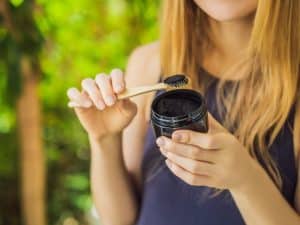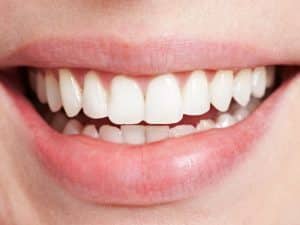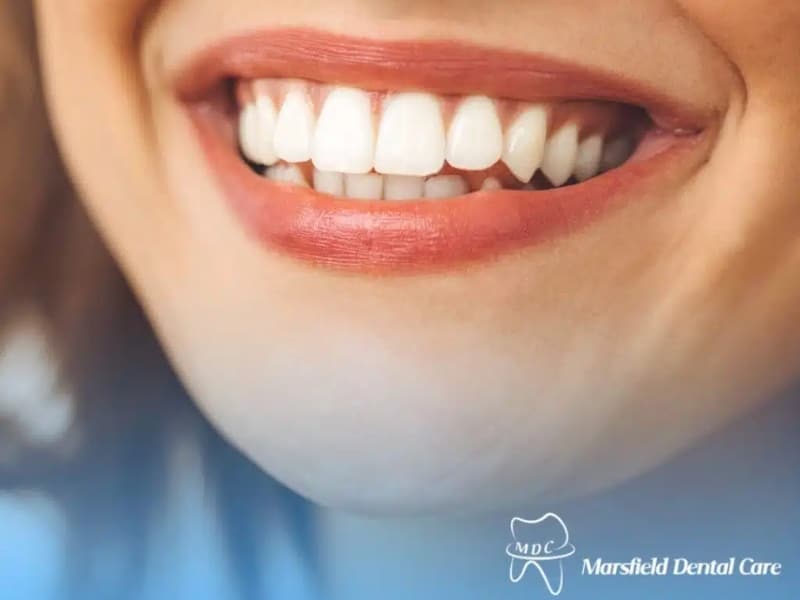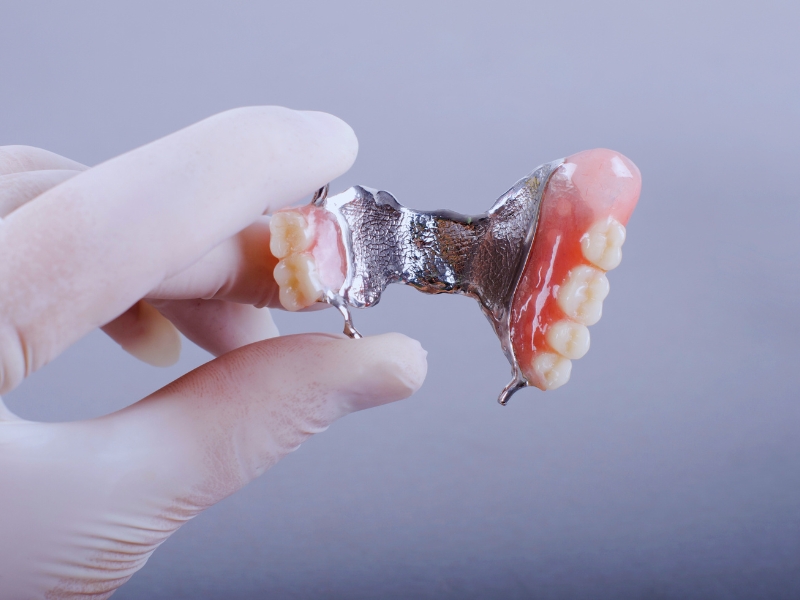A bright smile can boost your confidence and leave a lasting impression. But over time, your teeth can lose sparkle due to various factors such as diet, lifestyle, and aging. While commercial teeth whitening products are widely available, many use natural methods. These methods are gentle on your teeth and free from harmful chemicals. So, what are the best natural teeth whitening methods?
What is natural teeth whitening?
Natural teeth whitening involves using natural ingredients and methods to remove stains and brighten your teeth. Unlike commercial products containing harsh chemicals, natural methods are typically safer and more gentle. These methods often involve everyday items you might already have at home, making them convenient and cost-effective.
What makes natural teeth whitening effective?
Natural methods are effective due to their natural properties. Here’s what makes them work:
- Enzymes and acids: Many natural ingredients contain enzymes and acids that can break down stains and discolouration on your teeth.
- Abrasive properties: Some natural substances have mild abrasive qualities that help scrub away surface stains without damaging the enamel.
- Antibacterial properties: Certain natural ingredients have antibacterial properties that help maintain oral hygiene and prevent plaque buildup, which can cause discolouration.
- Hydration: Natural methods often promote saliva production, essential for maintaining oral health and preventing stains.
What are the top natural teeth-whitening ingredients?
Several natural ingredients are known for their teeth-whitening properties. Here are some of the top choices:
- Baking soda: Known for its mild abrasive properties, it can help scrub surface stains.
- Hydrogen peroxide: A natural bleaching agent, hydrogen peroxide can lighten stains on your teeth.
- Coconut oil: Oil pulling with coconut oil can reduce plaque and bacteria, leading to whiter teeth.
- Apple cider vinegar: Its acidic nature can help remove stains and bacteria from your mouth.
- Turmeric: Surprisingly, this yellow spice can help whiten teeth due to its anti-inflammatory and antimicrobial properties.
Can activated charcoal whiten teeth?
Activated charcoal is a popular whitening method. But does it work?
- Abrasive properties: Activated charcoal has fine abrasive particles that can help remove surface stains.
- Absorptive properties: It can absorb plaque and microscopic particles that cause staining.
- Detoxifying properties: Activated charcoal can help detoxify your mouth by binding to and removing impurities.

However, it’s essential to use it sparingly to avoid damaging your enamel.
Are there any fruits and vegetables that help with natural teeth whitening?
Yes, specific fruits and vegetables can aid in natural teeth whitening. Here are some to consider:
- Strawberries: They contain malic acid, which helps remove surface stains.
- Pineapple: It contains bromelain, an enzyme that helps remove plaque.
- Carrots: Chewing on crunchy vegetables like carrots can help clean teeth and increase saliva production.
- Apples: The malic acid and fibrous texture can help scrub away stains.
- Celery: Chewing celery can help produce saliva, neutralise acids, and wash away food particles.
How often should you use natural teeth whitening methods?
Using natural methods can be effective, but using them correctly is essential. Here’s a general guideline:
- Baking soda: Use once or twice a week to avoid enamel damage.
- Hydrogen peroxide: Use a diluted solution a few times a week.
- Coconut oil pulling: Daily use is safe and can benefit oral health.
- Fruits and vegetables: These can be included in your daily diet.
- Activated charcoal: Use no more than once weekly to prevent enamel wear.
Always consult a dentist before starting any new whitening routine to ensure it’s safe for your dental needs.
What are the benefits of using natural teeth whitening over commercial products?

Natural teeth whitening methods offer several advantages over commercial products:
- Gentle on teeth: Natural methods are less likely to cause sensitivity or damage to your enamel. Commercial whitening products often contain high concentrations of harsh chemicals like hydrogen peroxide, which can lead to tooth sensitivity and enamel erosion.
- Cost-effective: Many natural ingredients are inexpensive and readily available at home. Items like baking soda, coconut oil, and apple cider vinegar are everyday household products that can be used for teeth whitening.
- Chemical-free: Natural teeth whitening avoids exposure to potentially harmful chemicals in some commercial products. Many commercial teeth whiteners contain artificial additives, preservatives, and synthetic ingredients that can have long-term health implications.
- Sustainable: These methods are often more environmentally friendly. Commercial teeth whitening products typically come with excess packaging and may contain non-biodegradable components.
- Holistic oral health: Many natural ingredients promote oral health beyond just whitening. For instance, oil pulling with coconut oil helps whiten teeth and improve overall oral hygiene by reducing harmful bacteria and plaque. Similarly, fruits like strawberries and apples contain vitamins and acids supporting gum health and freshening breath.
Are there any risks or side effects of natural teeth whitening?
While natural whitening methods are generally safe, there are potential risks and side effects to be aware of:
- Enamel erosion: Overuse of abrasive substances like baking soda and activated charcoal can wear down enamel.
- Gum irritation: Strong acids like apple cider vinegar can irritate gums if used excessively.
- Allergic reactions: Some people may be allergic to certain natural ingredients.
- Uneven whitening: Natural methods may provide different results than professional teeth whitening treatments.
- Time and patience: Natural methods often require more time and consistency to see results compared to commercial products.
Conclusion
Natural teeth whitening methods can be a safe and effective way to brighten your smile. By understanding the properties of different natural ingredients and how to use them correctly, you can achieve noticeable results without relying on commercial products. However, using these methods wisely is essential to avoid potential risks and side effects. Consider consulting with a dental professional to ensure the best approach for your needs.
Brightening your smile with Marsfield Dental Care
If you’re looking for a professional touch to enhance your natural whitening teeth efforts, Marsfield Dental Care offers a range of teeth whitening services. Our expert team is here to provide personalised advice and treatments to help you achieve the brightest, healthiest smile possible. Contact Marsfield Dental Care today to schedule an appointment and discover the best teeth whitening options.




